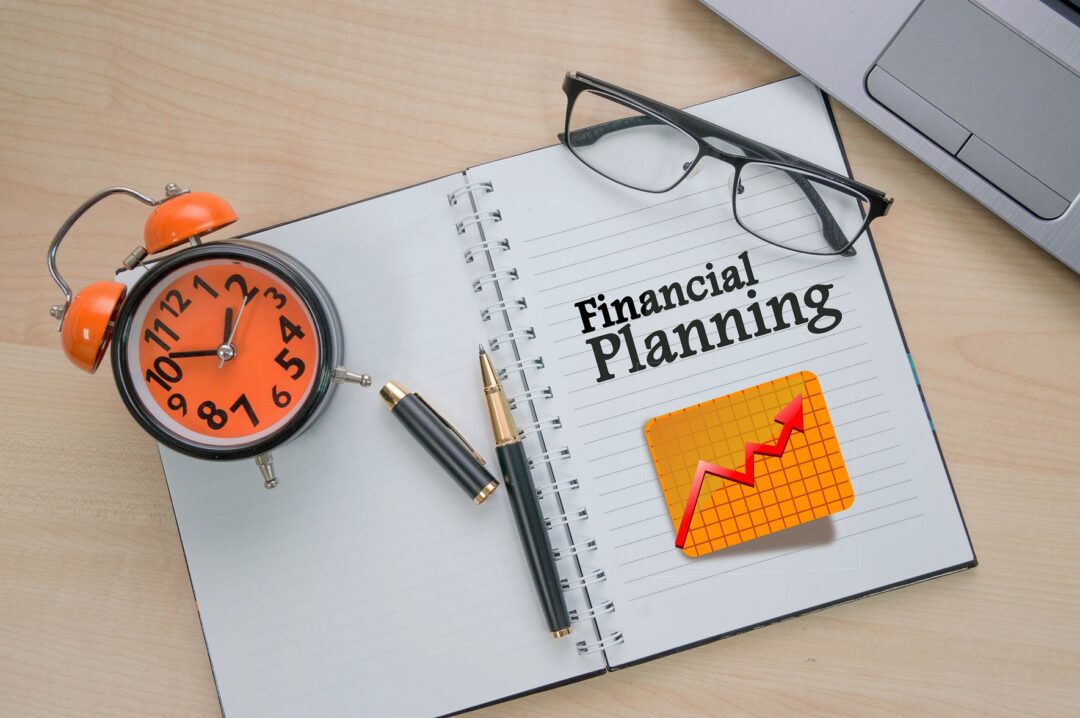What is personal finance?
Personal finance refers to money management as well as savings and investments. In a wide spectacle, it covers budgeting, banking, insurance, mortgages, investments, and retirement planning.
The goal of personal finance is to meet personal financial goals – short-term or long-term, retirement plans, or other saving goals.
Personal finance touches on an individual’s assets and liabilities. Depending on your income, expenses, living requirements, and individual desires. From there you will devise a plan to ensure that your goals are met within a time period.
Therefore, to make the most of your financial plan, it is important to distinguish between good and bad monetary decisions.
Types of investments in the market
When talking about personal finance, investments is one of the go-to financial supports in the market. There is no one direct way to invest. As a matter of fact, there are plenty of investment opportunities to go around. If one does not work for you, then you may try on others.
In other words, there is no right or wrong when it comes to investing, but by having multiple investments, you have to ensure that your financials are capable.
Therefore, let’s step into some of the investments available in the market.
1. Stocks
When you invest in a stock, you become one of the owners of a corporation. Stocks represent ownership shares, also known as equity shares. Whether you make or lose money on a stock depends on the success or failure of the company.
2. Real estate
Real estate investing involves the purchase, ownership, management, rental, and/or sale of real estate for profit. For real estate investment, the goal is for long-term personal finance instead of short-term. There are plenty of real estate investments to go around. Such as residential, commercial, and industrial.
Find one that suits your needs and is relatively close to your budget so that you won’t suffer financially in the long run.
3. Insurance
Life insurance products are often a part of an overall financial plan. Insurance products often are developed to meet specific objectives. For example, long-term care insurance is designed to help manage health care expenses as you age.
4. Retirement Plan
Saving for retirement, and managing income once you retire, are two important aspects of personal financial management. There are plenty of saving options available from banks and in all countries. To benefit most from this, you will need to check the dividend rate provided by the savings plan.
5. Online Trading
Trading has been done for many years and is still going strong. Nowadays, there are plenty of online trades that you can partake in like stocks, FX, and Crypto. The point of doing online trading is to start small and to gain momentum and capital in the long run. Be sure to learn all the technical and fundamentals of trading before you start!
Read more: 12 Traits of Ridiculously Successful Investors 💰

Personal Finance Strategies
Now that we’ve known the definition and brief idea on personal planning as well as some of the available investments to turn to, what are the strategies to plan your financials?
1. Devise a budget
Firstly, before you plan to go all-in for your investments, you have to devise a budget. This is to avoid you spending all your hard-earned cash in one swoop and risk losing them.
When you budget correctly, you get to save your money and at the same time plan for long-term goals.
If you find it difficult to plan a budget, there are plenty of financial apps available for you to download!

2. Prepare emergency funds
You need to keep emergency cash funds on the side in case anything happens. For example, medical bills, car repairs, day-to-day expenses, and others. Also, this fund is to ensure that if anything goes wrong you have extra money to fall back to.
The ideal rule of emergency funds is three to six months’ worth of living expenses. Financial experts generally recommend stashing away 20% of each paycheck every month. So, be sure to save for rainy days!
3. Limit liabilities/debt
This is a key factor to ensure that your personal finance is still within bounds. Several individuals fall prey when it comes to spending. Too much shopping and high debt.
But most of the time individuals still have to borrow to ensure they acquire assets, for example, a mortgage on a house. Still, some debts will require you to fork out money without any future benefits. For example, leasing an expensive vehicle.
4. Monitor your credit score
In this phase, your ‘bad credit score’ will become your foe if it is in an unforgivable state or above the standard rate – and you can say goodbye to be qualified for bank loans and credit cards.
A credit score is basically a number the lenders know about a person’s track record regarding payment ability. By knowing the credit scores, lenders decide if the person is fine enough to be provided with a new loan or a credit card.
5. Take it easy and relax
It is tiring to plan your financials and you don’t have to be all work and no play. Once in a while do reward yourself so that the stress doesn’t eat you up. Buy yourself a gift, spend the night out of town, or even have a fancy dinner.
Doing so gives you a taste of the financial independence that you’re working so hard for. But, remember to not overspend and keep aside your cash for emergencies beforehand!
Looking for your first investment in real estate? Or would you like to scout for worthy real estate to invest in? Well, we at IQI Global could help you plan and guide you on your real estate investment!
Fill in the forms below and we’ll be in touch!

